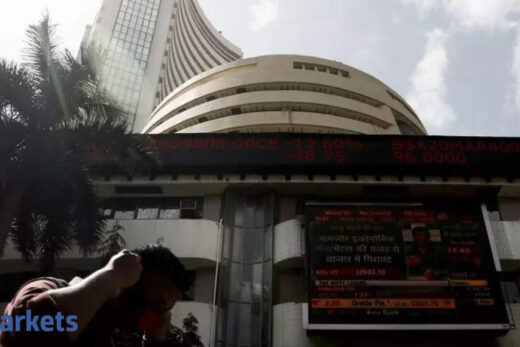Private lender Axis Bank reported fresh slippages of Rs 6,518 crore, up 23% from Rs 5285 crore in the March quarter. 84% of the net slippages were from the retail book.
“If you look at their unsecured retail loan book which is around Rs 65,000 crore and look at unsecured retail loan slippage at Rs 2900 crore (assuming we apply 45% of net retail slippages from unsecured category to gross slippage number reported of Rs65bn) – we get an annualised slippage ratio of 15% from unsecured retail loans, well that isn’t a good number,” said Suresh Ganapathy, associate director, Macquarie Capital.
too saw a disproportionately higher share on NPAs from the retail segment as Covid affected repayment ability of borrowers. It’s gross non-performing loans stood at 3.56% (from 3.25% QoQ). While corporate and SME portfolios saw a minimal impact in Q1, NPA formation was from the retail and commercial banking portfolios. Within retail, the mortgages, tractor finance, commercial and passenger vehicle finance businesses saw some stress.
“We have not dug into our Covid provisions at all, we have taken a cautionary approach. This time one wants to be more circumspect about a potential wave three,” said Dipak Gupta, Jt MD, Kotak Mahindra Bank. “The customers who have lesser ability to pay will take time to come around but those customers who we couldn’t reach for collections will come back very fast.”
which has seen it’s retail non-performing loans at closer to 3.8% – a 7 year high, has said that it will exercise increased caution on retail book asset quality going ahead. For the lender slippages have been a tad higher in the kisan credit card portfolio. Also, slippages from the jewel loan portfolio were higher as the collections couldn’t happen due to second wave and management haven’t sent auction notices yet.
HDFC Bank too saw it’s bad loans inch up in the June quarter, a bulk of it contributed by smaller ticket loans. Restructured assets stood at 80 basis points of total advances, a bulk of its led by the retail portfolio. Also, two-third of the retail restructured loans came in form the unsecured assets category.
Even though India’s biggest lenders have seen asset quality worsen and recast cases rise, they are hopeful that with collections picking up from June-July, repayments from overdue buckets will normalise soon.



